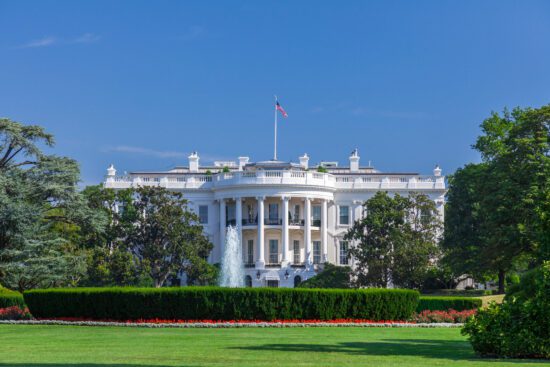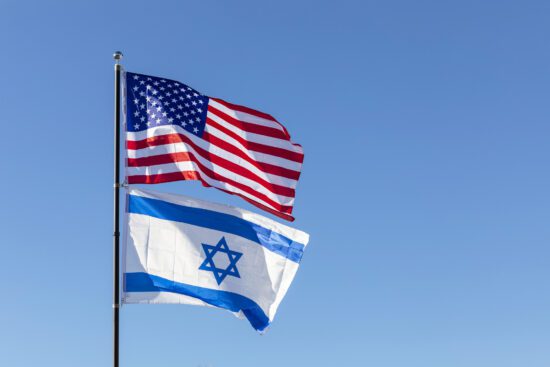Last Friday, a sweeping reaffirmation of religious liberty’s significance to America’s constitutional system was unveiled by the Trump administration’s Department of Justice.
Following the release of a May 2017 Executive Order where President Trump directed Attorney General Sessions to “issue guidance interpreting religious liberty protections in Federal law,” the newly-released guidance offers “20 Key Principles” on how administrative agencies and executive branch departments must protect religious liberty.
The principles in the memorandum represent a return to normalcy.
The principles represent nothing more than a historical reaffirmation of government’s posture toward religious liberty. According to the principles:
- The freedom of religion is an important, fundamental right, expressly protected by federal law.
- The free exercise of religion includes the right to act or abstain from action in accordance with one’s religious beliefs.
- The freedom of religion extends to persons and organizations.
- Americans do not give up their freedom of religion by participating in society or the economy, or interacting with government.
- Government may not restrict or compel actions because of the belief they display.
- Government may not exclude religious individuals or entities based on their religion.
- Government may not target religious individuals or entities through discriminatory enforcement of neutral, generally applicable laws.
- Government may not officially favor or disfavor particular religious groups.
- Government may not interfere with the autonomy of a religious organization.
An additional set of principles focuses on the application of the Religious Freedom Restoration Act (RFRA) — a federal law under scrutiny by activist groups that mistakenly believe RFRA possesses dangerous latitude.
The above principles are a far cry from theocracy or alleged fears that same-sex couples are systematically banished from accessing a wedding florist. In fact, anyone with a passing familiarity of American civics should see these principles for what they are — a restatement of basic principle. Anyone who sees controversy in these principles is out of step with the Constitution.
As expected, the unveiling of the new principles was met with outcry and protest by progressives. They hailed such guidance as a “license to discriminate” aiming to dismiss religious liberty out of hand. Such rhetoric comes from those unwilling to acknowledge the millions of Americans who conscientiously object to the dogma of the Sexual Revolution, and who object peaceably at that. Hence the stated objective by one LGBT mega-donor, Tim Gill, to “punish the wicked.”
The reaction has become routine: Religious liberty is given focused attention because of sustained attack upon it, and then a parade of horribles theorized by progressive groups is trotted out in order to put bloodshed and discrimination at the foot of religious liberty.
Such hyperventilating reaction, however, does not square with the facts on the ground. Religious liberty is not a ploy to discriminate. To the contrary, religious liberty protects religious citizens from the fear of penalty and discrimination when one religion’s views are not held by either the government or a voting majority. That’s the purpose of religious liberty — to give space to good-faith consciences that do not see the same religious or ethical convictions as majorities do.
The truth is that in the aftermath of these reaffirmed principles, the sky will not fall and the sun will still rise. Why? Because the principles contained in Attorney General Session’s memorandum represent a return to normalcy.
When properly understood, religious liberty applies to all Americans equally. That has not been the case in recent years when the Obama administration went out of its way to undermine religious freedom to further the cause of the Sexual Revolution.
The principles themselves do not give preference or privilege to any one religion. Instead, they represent a good faith attempt to restore the loss of a common culture of religious liberty; a common culture that once saw religious liberty a bipartisan mandate; a common culture that saw religious liberty as a shield against the heavy-handedness of government.










